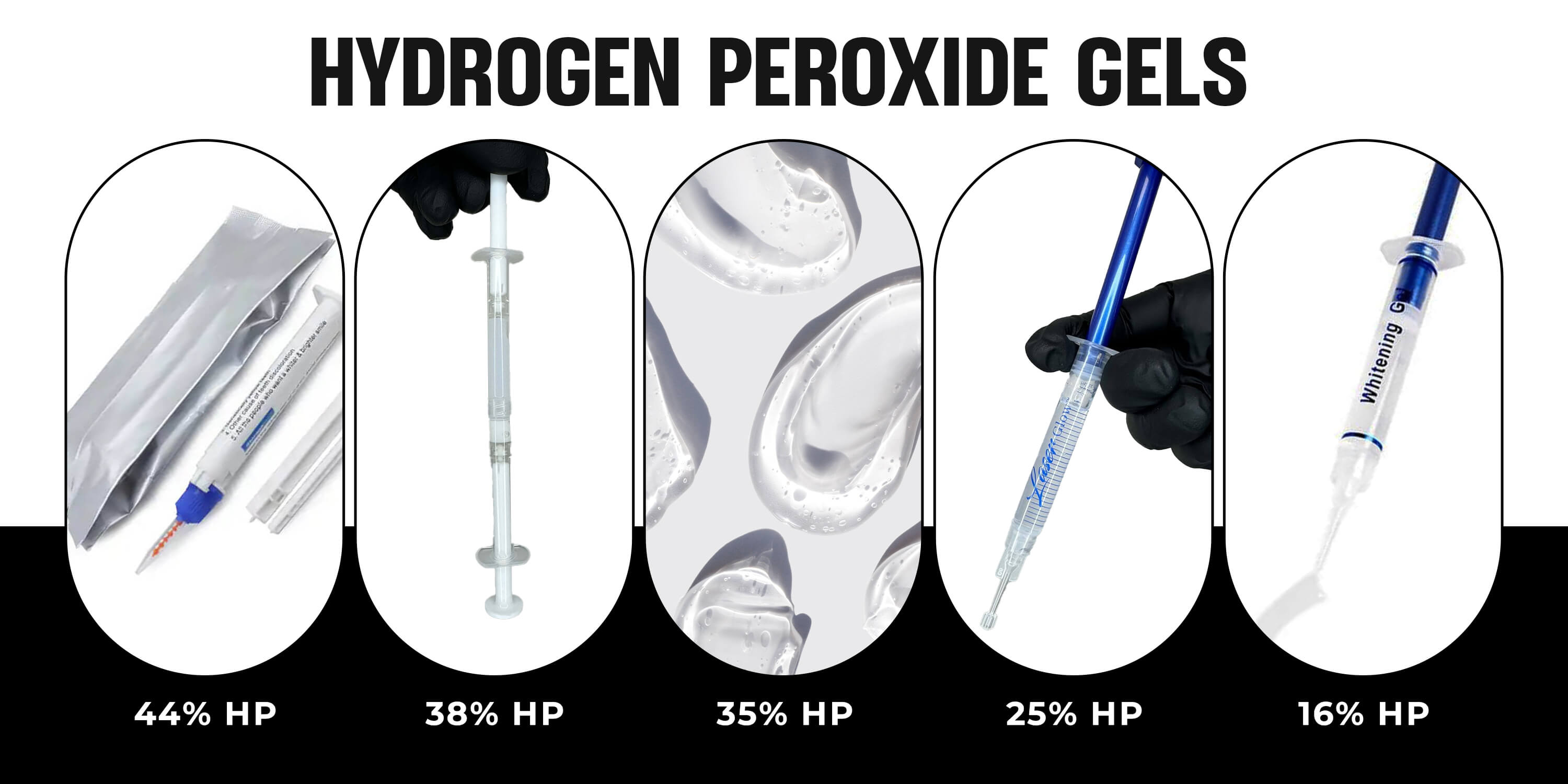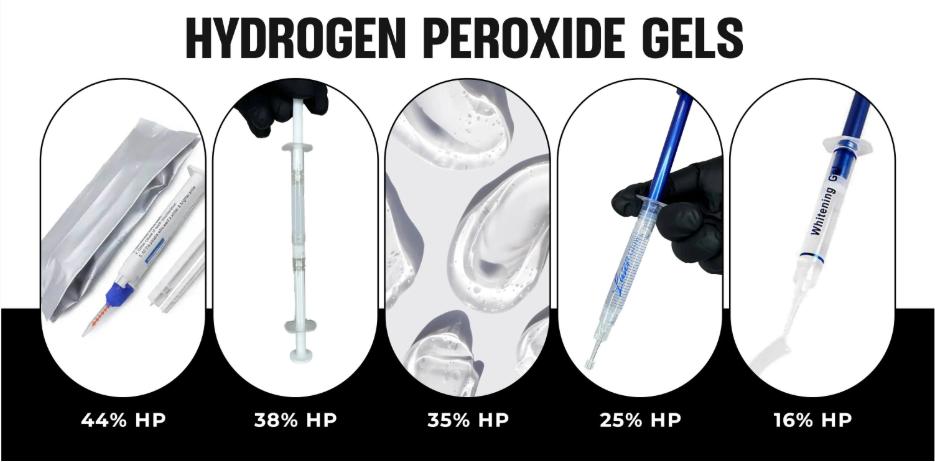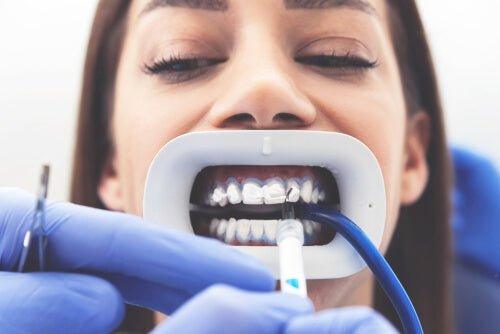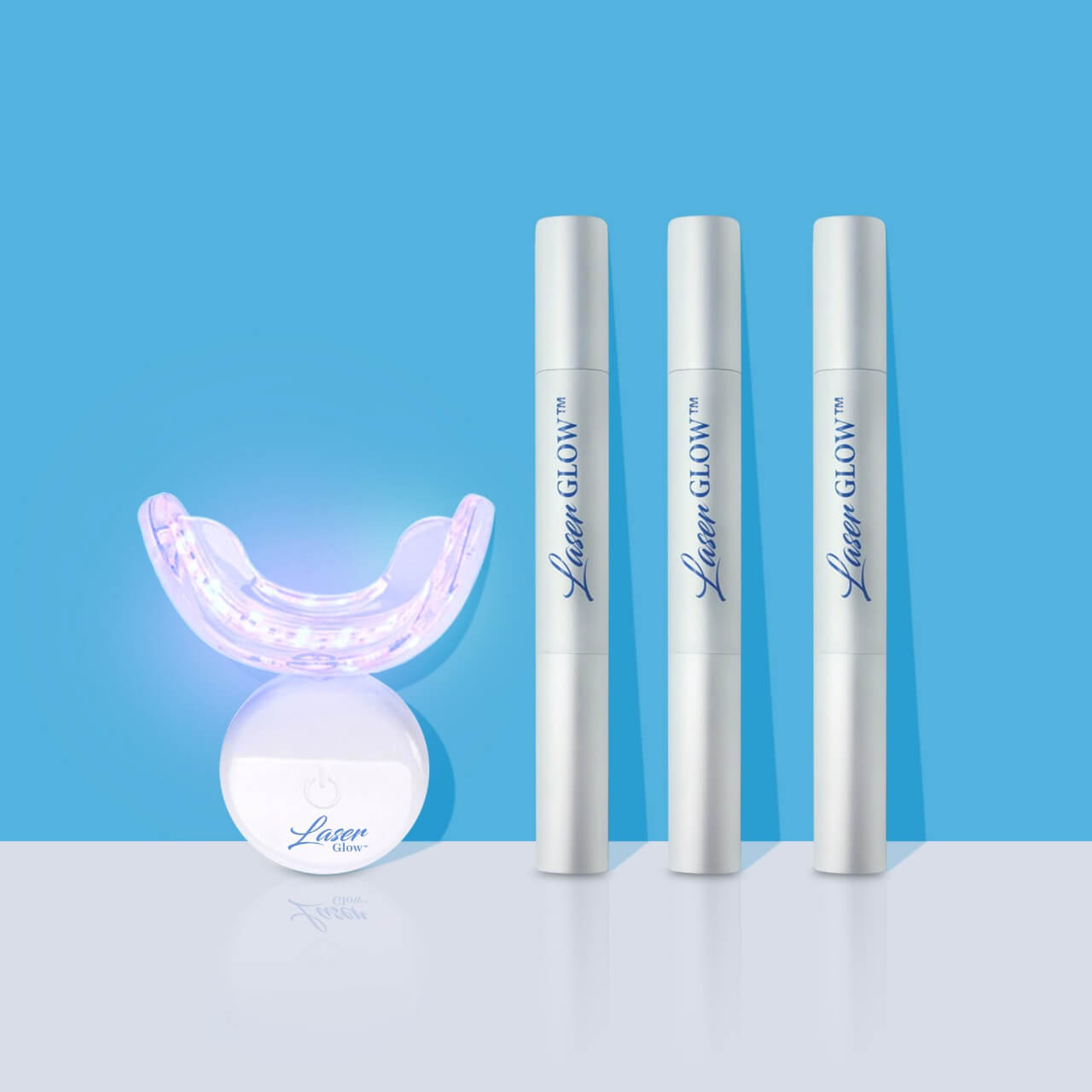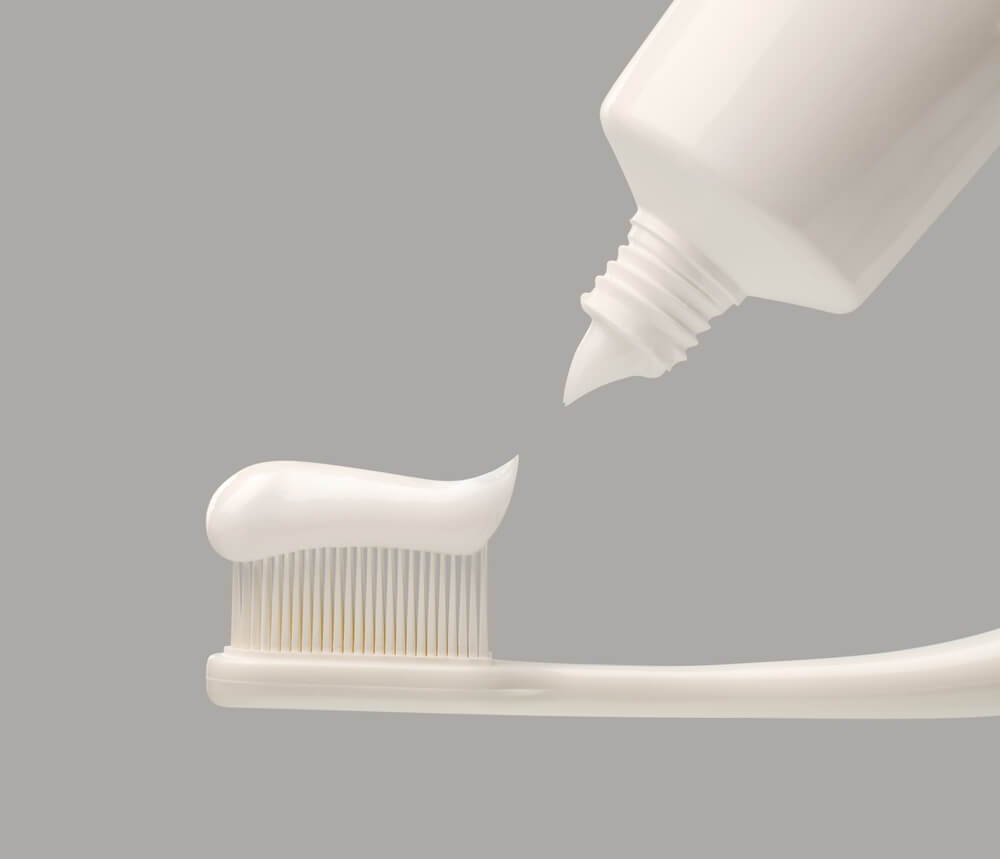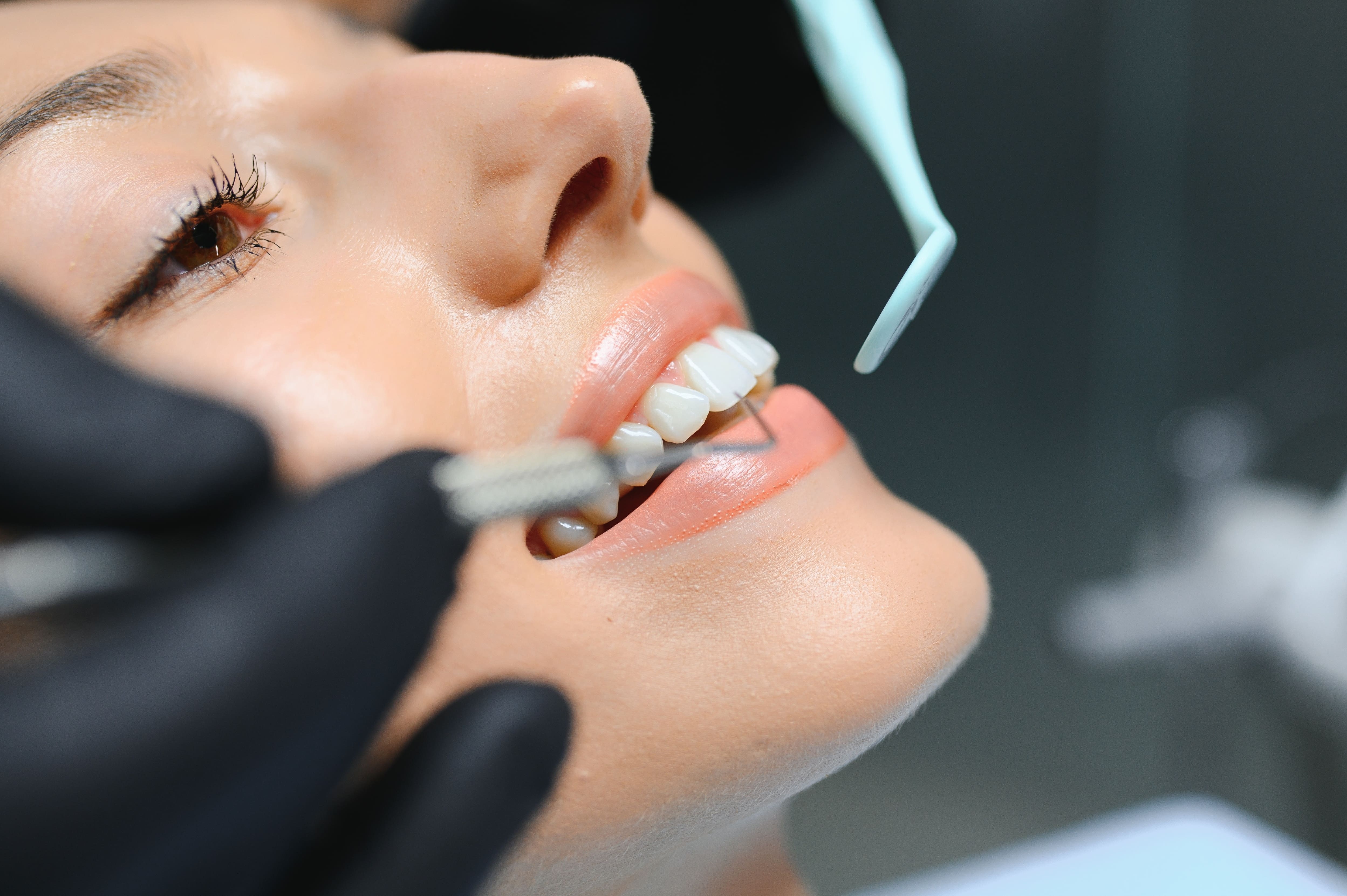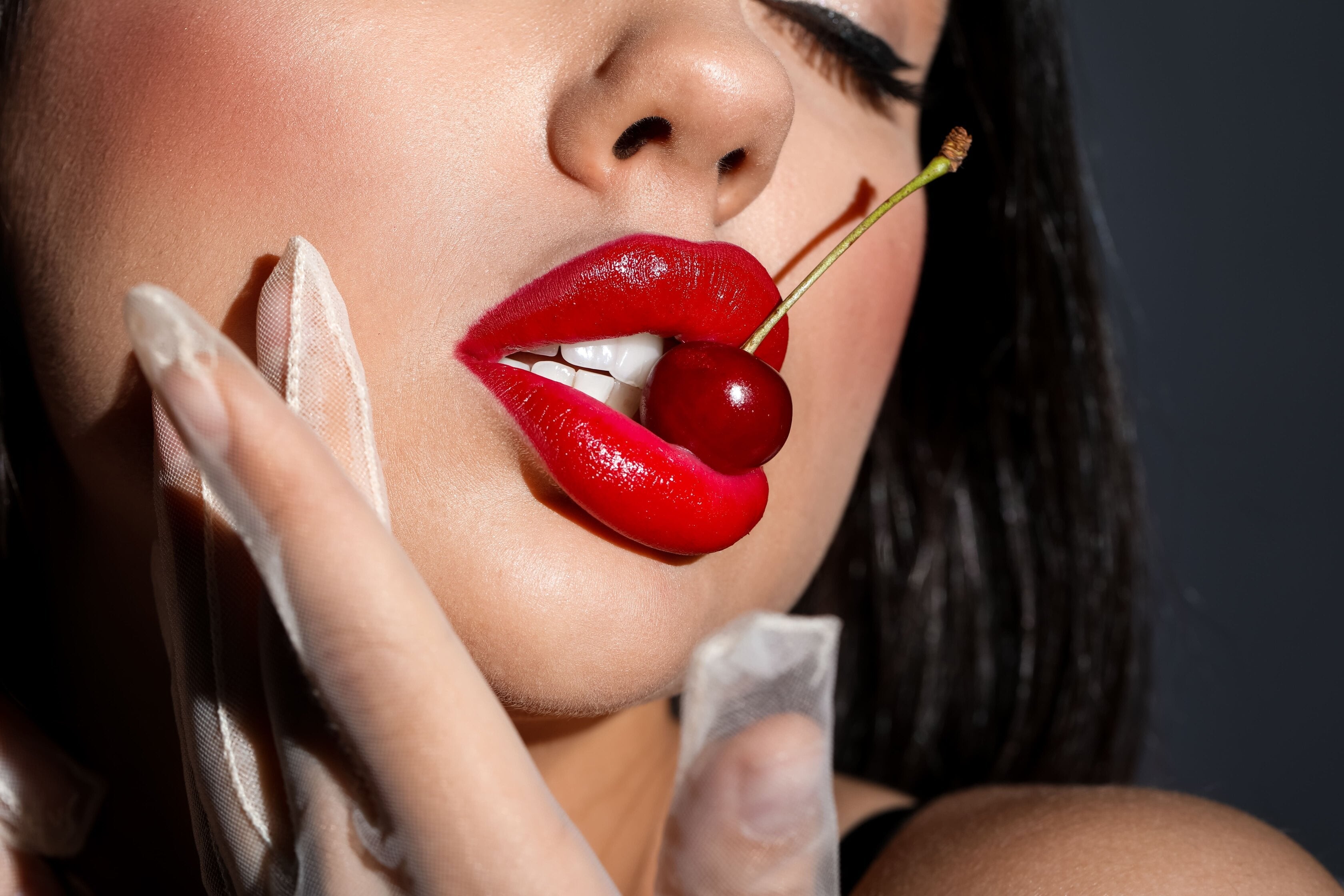How to Choose the Right Whitening Gel Strength (16% vs 25% vs 35% vs 44%)
Choosing the correct hydrogen peroxide strength is critical for dentists, estheticians, and whitening technicians. Below, we break down when to use 16%, 25%, 35%, or 44%, how to factor in sensitivity, and how each works with LED/laser systems so you can match every client with the safest, most effective gel.
Medically reviewed by David Hanna, RDH · Registered Dental Hygienist
Shop Professional Whitening Gels
Stock multiple strengths so you can tailor every protocol — from ultra-gentle sensitive cases to power whitening with 44% dual-barrel gel.
🛒 View Pro Gel Collection16%, 25%, 35%, 38%, and 44% hydrogen peroxide formulas engineered for in-office use.
Download our free professional whitening guide and troubleshooting flowchart from the LaserGlow Resource Center.
Understanding Whitening Gel Strengths
Professional hydrogen peroxide whitening gels typically range from gentler 16% formulas up to ultra-potent 44% blends. As a rule of thumb:
Higher concentrations act faster and tackle deeper stains, but they also carry a higher risk of sensitivity. Lower concentrations whiten more gradually and are more comfortable for sensitivity-prone clients. Most dentists work in the 16%–35% range and reserve 44% for specific, stubborn cases under strict isolation and monitoring.
The goal is not simply to choose the “strongest” gel. The goal is to deliver predictable shade change with minimal sensitivity, matched to each client’s enamel, stain type, and expectations.
Whitening Gel Strengths: When to Use Each %
Below is a practical breakdown of how 16%, 25%, 35%, and 44% hydrogen peroxide behave chairside — and which client profiles they are best suited for.
16% hydrogen peroxide is ideal for clients with a history of sensitivity, thin enamel, or those who prefer a gradual, comfortable whitening journey. It effectively lifts everyday coffee, tea, and wine stains while greatly reducing the risk of “zing” sensations during or after treatment.
- Perfect starting point for anxious or sensitivity-prone patients.
- Well-suited for maintenance and touch-up sessions.
- Produces steady shade improvement over several shorter appointments.
Many providers use 16% as their “low-sensitivity protocol” — particularly with clients who have exposed root surfaces or pre-existing sensitivity.
Shop 16% Hydrogen Peroxide Gel →
25% hydrogen peroxide is a versatile, medium-high strength gel frequently used for in-office “express” whitening. It offers a sweet spot between power and comfort: strong enough for visible change in one or two sessions, yet tolerable for most clients with standard sensitivity levels.
- Excellent for moderate staining and lifestyle discoloration.
- Often delivers noticeable results in a single 45–60 minute visit.
- Dependable go-to for dental spas and whitening studios.
Many practices adopt 25% as their primary chairside gel, adding 16% for sensitivities and 35–44% for special cases.
Shop 25% Hydrogen Peroxide Gel →
At 35%, hydrogen peroxide enters the realm of power whitening. This gel is designed for heavy discoloration, tight timelines, and clients seeking dramatic results in as little time as possible — such as wedding, photoshoot, or makeover cases.
- Can achieve up to 6–8 shades whiter in a single visit (protocol-dependent).
- Ideal for stubborn stains when clients can tolerate higher strengths.
- Requires proper gingival isolation and continuous monitoring.
Many clinicians reserve 35% for advanced or high-impact cases, while using 16–25% for routine whitening.
Shop 35% Hydrogen Peroxide Gel →
44% hydrogen peroxide is one of the strongest professional whitening gels available. Typically delivered in a dual-barrel syringe, it keeps the gel and activator separate until the moment of dispensing for maximum freshness and potency.
- Designed to tackle deeply embedded stains and resistant cases.
- Delivers rapid, dramatic results in carefully controlled sessions.
- Absolutely requires gingival barrier, strict timing, and expert technique.
This strength should be restricted to well-trained dental teams and whitening professionals who are comfortable with high-potency protocols, patient screening, and sensitivity management.
Shop 44% Dual-Barrel Hydrogen Peroxide Gel →
Managing Tooth Sensitivity by Gel Strength
Sensitivity is one of the most common side effects of professional whitening — and gel strength is a major driver. Lower concentrations, like 16%, substantially reduce sensitivity risk; higher strengths, like 35% and 44%, must be used with extra care.
A useful clinical mindset: think in terms of risk vs reward. Any increase in peroxide percentage should be justified by the client’s stain profile, urgency, and tolerance.
• Start with 16% for sensitivity-prone, first-time, or high-anxiety clients.
• Use 25% when you need faster results but still want daily-driver comfort.
• Reserve 35–44% for advanced cases, heavy staining, or “wow-effect” makeovers.
• Always follow manufacturer timing — do not extend contact time to “force” results.
Clinical research and real-world experience consistently show that a milder 16% formula can still produce excellent outcomes over multiple sessions with far fewer side effects. This reinforces the idea that stronger is not automatically better for every patient.
To support clients who need 25–35% but are nervous about sensitivity, many practices:
- Apply desensitizing gel or potassium nitrate/fluoride before and after treatment.
- Recommend sensitivity toothpaste for at least 1–2 weeks around whitening.
- Increase time between sessions instead of stacking high-strength applications.
- Encourage clients to report “zing” sensations immediately during treatment.
Professionally formulated gels in the 16%–44% range, when used correctly, are enamel-safe. High-viscosity formulas that stay on enamel (and off the gingiva) and include desensitizing components are especially helpful in clinical practice.
LED / Laser Light Compatibility
Modern whitening systems routinely pair peroxide gels with LED or laser devices to accelerate the chemical breakdown of stains. All the strengths discussed — 16%, 25%, 35%, 38%, and 44% hydrogen peroxide — are compatible with light-activation when used according to manufacturer guidance.
• Speeds up the decomposition of peroxide into reactive radicals.
• Increases the efficiency of lower strengths (such as 16% HP).
• Maximizes results within the safe wear-time window for 25–44% gels.
• Allows you to shorten total chair time without sacrificing outcome.
With lower concentrations like 16%, an LED lamp can bridge the gap between comfort and performance, making gentle protocols more efficient. With higher strengths (35–44%), light ensures you achieve maximum change within strict application windows, rather than extending treatment beyond recommended timing.
How to Choose Which Gel Strength to Use
When deciding what to stock—and which gel to pick for each patient—consider three pillars: sensitivity profile, stain severity, and timeline/expectations.
• History of sensitivity or recession? Start with 16% HP.
• Mild sensitivity but wants faster results? Try 25% HP with desensitizing support.
• No sensitivity, healthy enamel? 25–35% HP may be appropriate.
• Everyday lifestyle stains: 16–25% HP.
• Moderate to heavy discoloration: 25–35% HP.
• Deep, resistant, or long-standing stains: 35–44% HP with strict protocols.
• Flexible timeline / gradual change: 16–25% HP over several sessions.
• “Event whitening” / tight deadlines: 25–35% HP in structured chairside blocks.
• Maximum impact in minimal visits: consider 35–44% HP, only in ideal candidates.
Many high-performing practices stock multiple strengths and build tiered protocols, such as “Sensitive,” “Standard,” and “Power” whitening packages. This allows you to tailor treatment, manage expectations, and confidently recommend the right option for each client.
Professional Whitening Gel FAQs
Ready to Build Your Whitening Menu?
Stock multiple gel strengths and pair them with clear “Sensitive,” “Standard,” and “Power” packages so every patient has a protocol that fits their enamel, goals, and budget.


